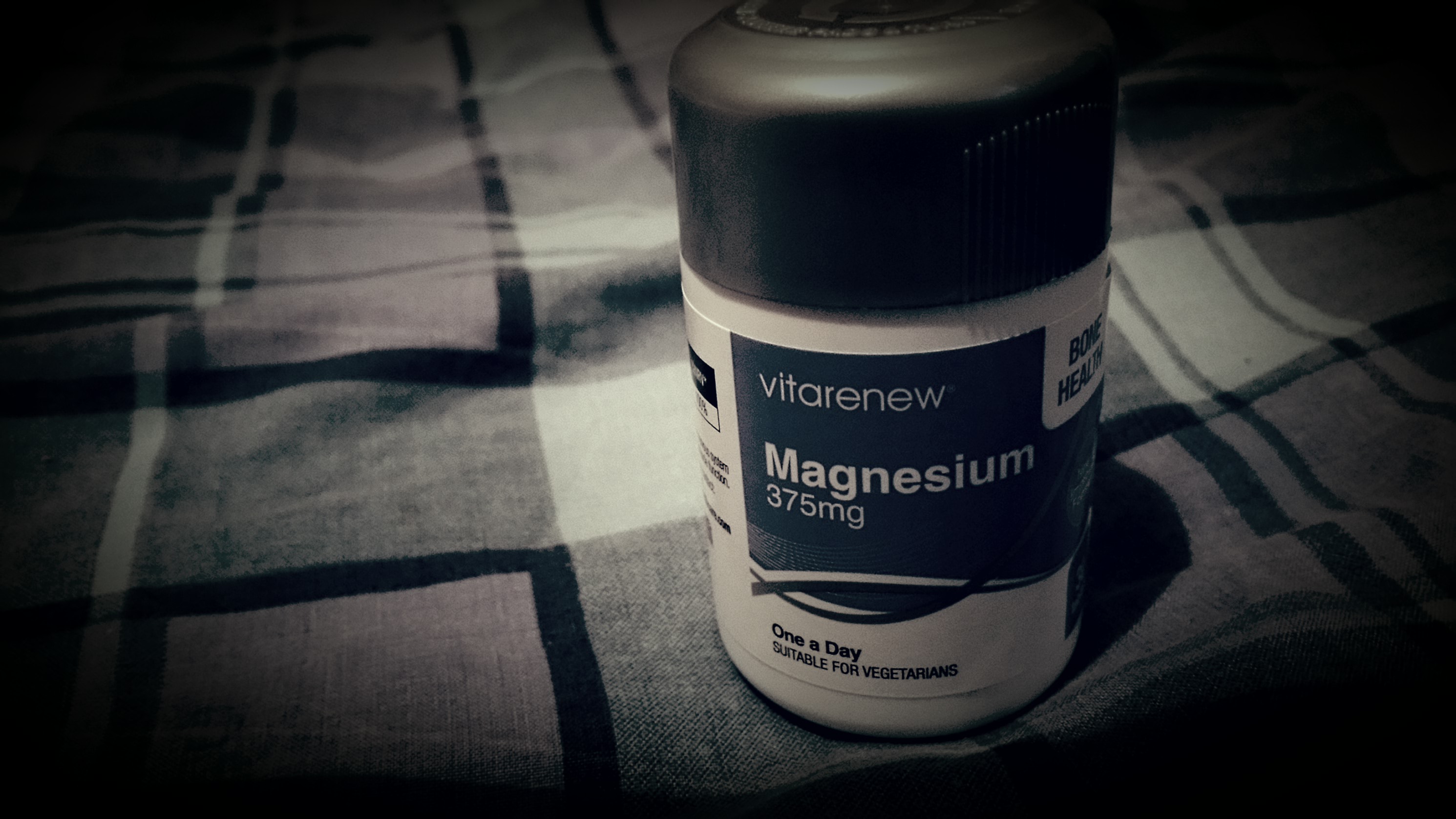 Evidence suggests that depression and anxiety may be associated with a number of mineral deficiencies. The cause and effect of these deficiencies is not fully understood, but it is known that a number of essential trace minerals and macrominerals are required for correct brain function. It is therefore likely that deficiencies of certain minerals cause dysfunction in mental function and this may induce mood disorders. Evidence shows that low magnesium intakes are associated with the development of depression and anxiety. For example, in one study, researchers assessed the level of depression in middle aged and elderly Norwegian subject using self reported questionnaires. The researchers then analysed the diets of the individuals using food frequency questionnaires. The results of the study showed that there was an inverse relationship between the magnesium intake of the subjects and the depression scores. There was a weaker relationship between magnesium intake and anxiety but this was not statistically significant when adjusted for known factors that affect anxiety.
Evidence suggests that depression and anxiety may be associated with a number of mineral deficiencies. The cause and effect of these deficiencies is not fully understood, but it is known that a number of essential trace minerals and macrominerals are required for correct brain function. It is therefore likely that deficiencies of certain minerals cause dysfunction in mental function and this may induce mood disorders. Evidence shows that low magnesium intakes are associated with the development of depression and anxiety. For example, in one study, researchers assessed the level of depression in middle aged and elderly Norwegian subject using self reported questionnaires. The researchers then analysed the diets of the individuals using food frequency questionnaires. The results of the study showed that there was an inverse relationship between the magnesium intake of the subjects and the depression scores. There was a weaker relationship between magnesium intake and anxiety but this was not statistically significant when adjusted for known factors that affect anxiety.

Magnesium is known to be involved in many transduction pathways. These pathways involve the binding of a signal molecule to a receptor in the cell membrane, and the transduction of the resultant signal to the interior of the cell. Magnesium can alter these pathways and in this way may be able to alter neurotransmission efficiency in the brain.
Eat Well, Stay Healthy, Protect Yourself
RdB
